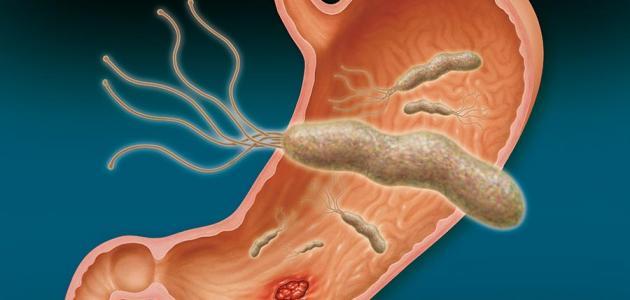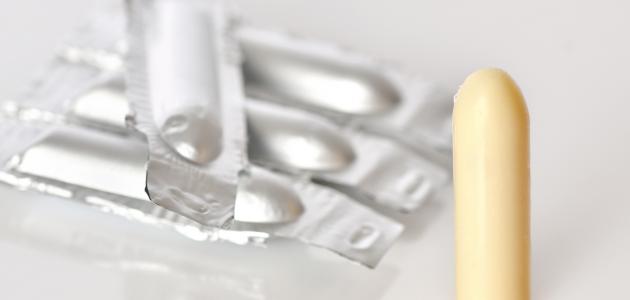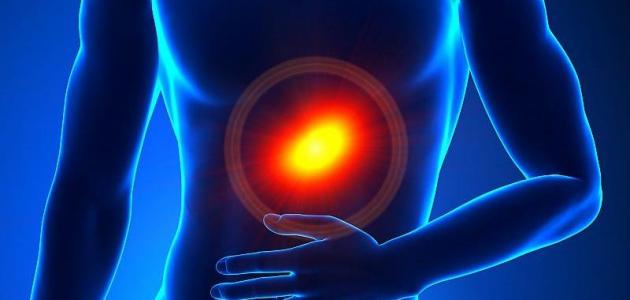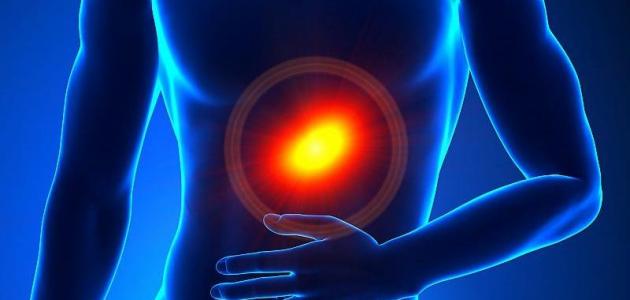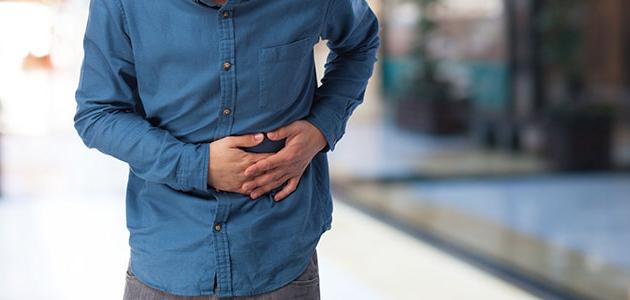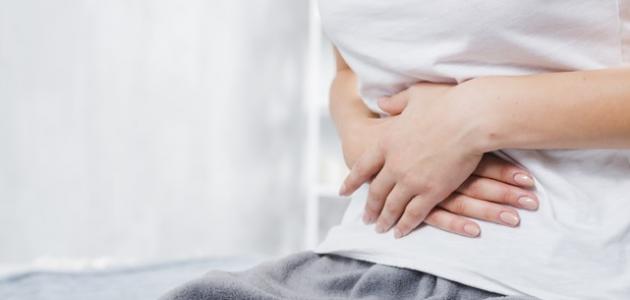Stomach and colon bacteria
The stomach bacteria is known as the bacteria scientifically known as Helicobacter pylori (in English: Helicobacter pylori, H.pylori). The name of this bacteria indicates that it is spiral-shaped. These bacteria mainly infect the stomach wall, and it has been shown in studies that 60% of adults in the world have been exposed to This bacterium, and in many cases, children may also be infected with it. What is distinctive is that these bacteria adapt to living in the harsh conditions of the stomach and high acidity. In some cases, these conditions may change and reduce the acidity of the stomach in order to remain alive. Its spiral shape gives it the ability to penetrate the stomach lining. These bacteria protect themselves through mucus, which prevents the body's immune cells from reaching them. A confrontation may occur between these bacteria and the body's immune system to ensure that they are not destroyed, and this leads to stomach problems.
While the colon bacterium is known as the bacterium Clostridium difficile, which leads to a potentially life-threatening disease such as colitis, what distinguishes it is its presence everywhere, such as; Air, soil, water, and in hospitals as well, as they are transmitted through contact with what they carry, and the chance of infection increases for people who have been hospitalized for a long time, and the elderly may be more susceptible to it, and also when antibiotics are used frequently and continuously. It leads to the elimination of harmful bacteria and the corresponding beneficial bacteria in the body, and here the body loses its ability to deal with Clostridium difficile bacteria.
Read also:The latest treatment for C
Symptoms of stomach and colon bacteria
Symptoms of stomach germs
In fact, Helicobacter babe infection is usually not harmful, and most of the time its infection is not accompanied by any symptoms appearing on the patient, but it may be the main cause of other diseases such as: peptic ulcers that form in the stomach and small intestine, and some cases of gastritis. A person may be infected with the bacteria without showing any symptoms, and on the other hand, a group of symptoms may appear in others, including:
- Lots of burping.
- bloating;
- Exposure to nausea and vomiting.
- Feeling discomfort in the abdomen.
- Appearance of blood with vomiting.
- The stool is dark in color and resembles tar. Due to bleeding from ulcers.
- Feeling very tired and unwell.
- Noticing a decrease in the number of red blood cells, the patient may suffer from anemia.
- Lack of appetite and loss.
- diarrhea.
- Feeling heartburn and suffering from peptic ulcers.
- The appearance of an unpleasant odor in the breath and mouth.
- Feeling full after eating small amounts of food.
Symptoms of coli bacteria
Some patients may carry the bacteria in their intestines, but without being infected with it, so symptoms begin to appear after 5-10 days of using antibiotics. For some, they may begin from the first day or within two months of using them. Symptoms range from mild to moderate, and may become severe, requiring hospitalization. When suffering from dehydration and inflammation, or when suffering from bleeding blood or pus produced from surrounding raw tissue, it is called pseudomembranous colitis. Some of the symptoms are mentioned below:
Read also:Hernia summary- Symptoms of mild to moderate infection: Among them are the following:
- Diarrhea that tends to be watery in nature three times a day or more and lasts for two days or more.
- Cramps and cramps in the abdomen.
- Symptoms of acute infection: We mention among them:
- Watery diarrhea 10 to 15 times during one day.
- Suffering from abdominal cramps and pain, which may be severe in some cases.
- Feeling an accelerated heartbeat.
- body's temperature raising.
- Pus or blood comes out in the stool.
- Suffering from nausea.
- Dehydration.
- Loss of appetite and desire to eat.
- Suffering from weight loss.
- Obvious swelling in the abdominal area.
- Suffering from kidney failure in some advanced cases.
- Note an increase in the number of white blood cells.
Prevention of stomach and colon bacteria
Prevention of stomach bacteria
There is no specific way for the transmission of Helicobacter pylori bacteria between people. It is found in the saliva of an infected person. Therefore, experts recommend the following to avoid transmission between people:
- Make sure to wash your hands before eating and after using the bathroom.
- Ensure that food is prepared and prepared in a correct and clean manner.
- Ensure that you drink clean water that is safe to drink, as the spread of infection has been observed in developing areas with contaminated water and food.
- Make sure to drink water from reliable sources.
Read also:Symptoms after cholecystectomy
Preventing coli bacteria
To prevent the spread of this bacterium and its spread everywhere, especially hospitals, it is recommended that you follow strict infection control guidelines. It is worth alerting everyone who works in medical settings or who is at risk of infection with some tips to follow, including the following:
- Take great care in washing hands: It must be emphasized that hospital workers, including doctors and nurses, clean their hands before and after treating every patient suffering from the germ, by using soap and warm water, as this method is better than using alcohol-based disinfectants and sterilizers. Because alcohol-based sterilizers are not able to destroy these bacteria, visitors are also strongly warned to adhere to the above.
- Take caution when dealing with patients infected with the bacteria: They have private rooms, and medical service providers wear gloves and isolated gowns while in those rooms.
- Ensure thorough cleaning and disinfection: This is done on all surfaces very carefully, and using bleaches such as chlorine because of its ability to eliminate such germs.
- Avoid unnecessary use of antibiotics: Such as not using antibiotics for viral diseases, and using antibiotics after consulting a specialist doctor, and ensuring its limited effectiveness on the bacteria causing the infection and for an appropriate period.
Complications of stomach and colon bacteria
Complications of stomach bacteria
Complications that occur when the bacteria are not treated include:
- Stomach ulcers.
- Gastritis.
- stomach cancer.
Complications of coli bacteria
When inflammation occurs and is not controlled, the following complications can occur:
- Drought: As a result of severe diarrhea.
- Kidney failure: Especially when dehydration occurs quickly, which leads to a decline in kidney function.
- Toxic megacolon: Toxic megacolon is a rare condition in which the colon is unable to expel waste and stool.
- Perforation of the large intestine: It may occur in rare cases as a result of severe damage to the walls of the large intestine or after toxic megacolon. The perforation allows the exit of dangerous bacteria, and may lead to a stronger and more dangerous inflammation called peritonitis or peritonitis.
